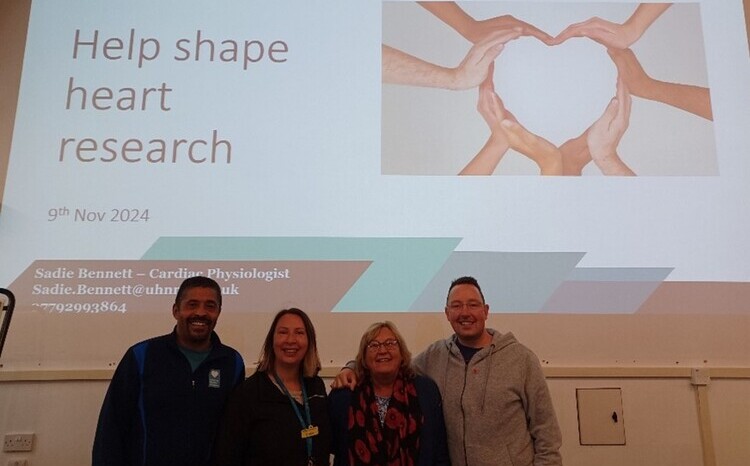Galileo gets first UK site
- 21 April 2015

Royal Stoke University Hospital is the first UK hospital to go-live with NoemaLife’s Galileo electronic prescribing and medicines administration system.
The hospital, which is part of University Hospitals of North Midlands NHS Trust, went live last month in an acute stroke ward with plans to roll-out the service to the rest of the hospital over the next 18 months.
Nearly £900,000 in funding for the EPMA came from the Safer Hospitals, Safer Ward Technology Fund and is being matched by internal investment.
North Midlands is working on integrating Galileo with its Medisec software for e-discharging, including having prescribing information prepopulated in the discharge letter.
The system is also likely to be implemented at the trust’s County Hospital once the roll-out at Royal Stoke is completed.
Letitia Selby, North Midlands’s EPMA project manager, said the system will have a big impact on the safety of prescribing and administration of medicines.
“Prescriptions will be legible, doses will be clear and there is decisions support for staff,” she said.
The contract to install the EPMA was agreed in October 2013 when the hospital was still part of the University Hospital of North Staffordshire NHS Trust.
The contract was agreed with Oasis Medical Solutions, the UK partner of Italy-based NoemaLife, as part of a partnership formed between the two companies in 2011 to implement Galileo in the UK.
However, Oasis was taken over by Allscripts in July 2014.
Robyn Tolley, NoemaLife managing director, said the relationship with Oasis is still “formally in place” although informally the companies are looking to move a new position.
Tolley added that an important part of Galileo is its use of the NHS dictionary of medicines and devices, an interoperability standard to ensure that clinical systems can 'talk' to each other using a common coded language. Healthcare organisations must comply with the standards by 30 June 2017.
Tolley described tech fund 2 as being “cut savagely” from £240 million to £43 million, leaving just two projects for e-prescribing with funding.
However, he believed the lack of successful e-prescribing projects could be because the business cases are strong enough to make internal trust funding likely in any case. Tolley is aware of 20 to 30 trusts currently interested in implementing an EPMA.
“It’s such a no-brainer,” he said. “We can’t carry on using paper in prescribing.”
NoemaLife is also working with Worcestershire Acute Hospitals NHS Trust, although nearly five years after the company announced plans to implement the system, Galileo is yet to go live.
The trust explained that while it had initiated plans to implement e-prescribing in 2010, a decision was made in 2012 to expand the scope of the project by adding an integrated electronic discharge summary system.
A spokesperson said: "Following the procurement of this, we have been actively working on the implementation of an eprescribing system for around 18 months and we are looking forward to piloting the system in 2015-16."




